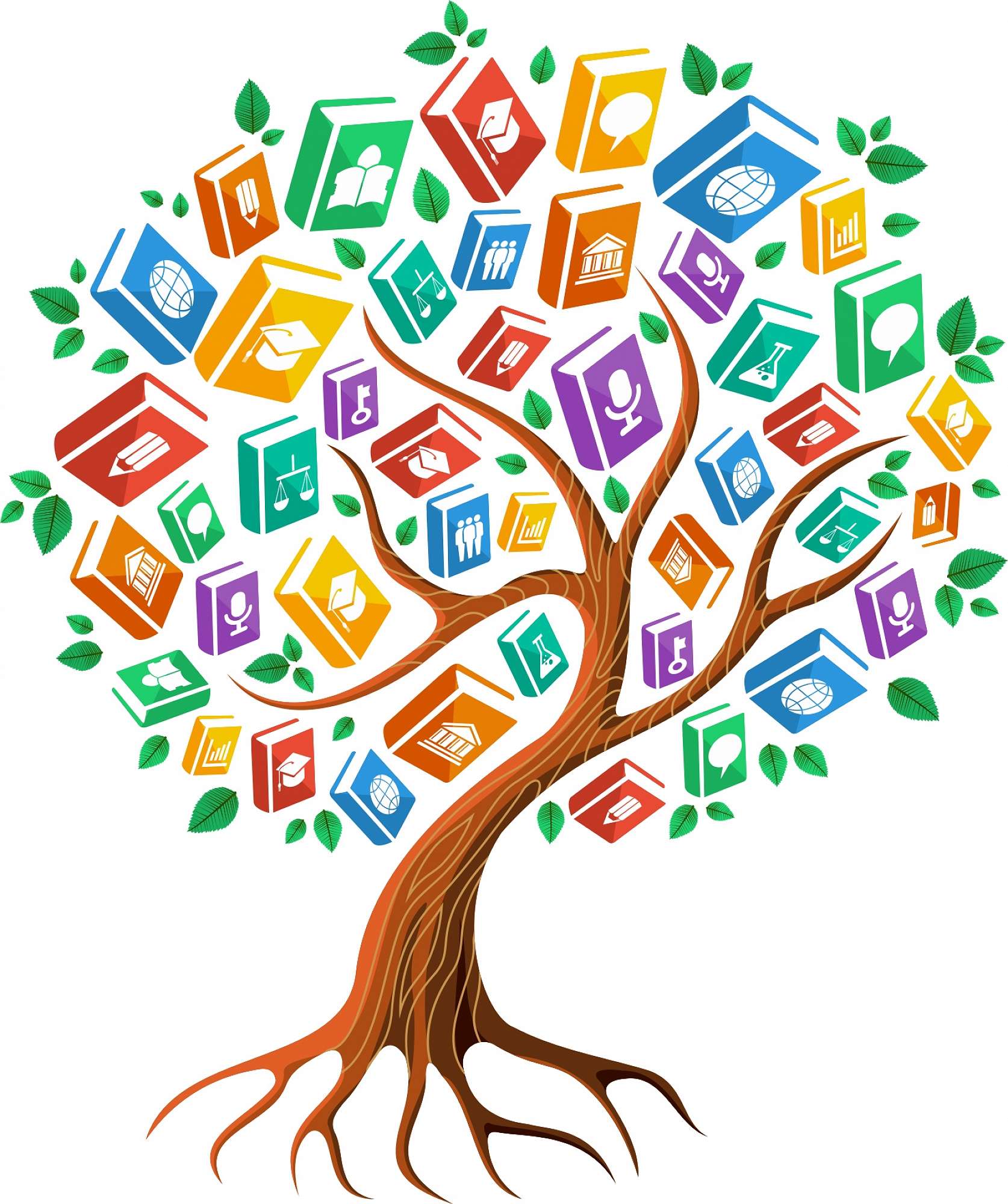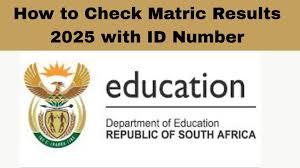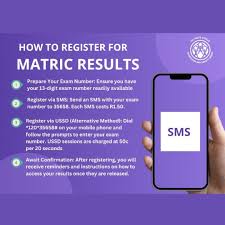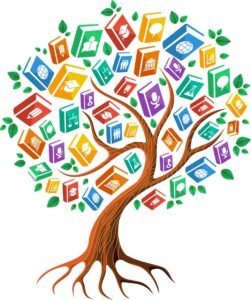As Grade 12 students approach their final examinations, effective preparation for Mathematical Literacy becomes essential. This guide provides an overview of resources available, including study guides, question papers, and past examination memorandums. By utilizing these materials, students can enhance their understanding and improve their performance in the subject.
Understanding Mathematical Literacy
Mathematical Literacy aims to equip students with the skills to apply mathematical concepts in everyday life. Unlike traditional mathematics, the focus is on practical applications that students will encounter in real-world situations. Topics covered include financial literacy, statistics, measurement, and data handling.
Key Topics in Mathematical Literacy
- Financial Mathematics
- Budgeting: Understanding how to create and manage a budget, calculate expenses, and make financial decisions.
- Interest Rates: Differentiating between simple and compound interest, understanding loan agreements, and the impact of interest rates on savings and debt.
- Investments: Evaluating the potential returns from different investment options and understanding the concept of risk versus reward.
- Data Handling
- Statistics: Collecting, analyzing, and interpreting data. Familiarity with mean, median, mode, and range is crucial.
- Data Representation: Learning to create and interpret various graphical representations, such as pie charts, histograms, and bar graphs.
- Measurement
- Understanding units of measurement, converting between units, and calculating area, volume, and perimeter for common shapes.
- Applying measurement concepts in real-life scenarios, such as in construction or cooking.
- Patterns and Relationships
- Recognizing patterns in numerical data and understanding algebraic relationships.
- Applying these patterns to solve practical problems and formulate equations.
Study Resources for Grade 12 Mathematical Literacy
1. Study Guide
Downloadable Resource: A comprehensive study guide can be invaluable for students to review key concepts systematically. You can download a helpful Mathematical Literacy study guide here:
This guide includes:
- Explanations of Key Concepts: Clear definitions and examples for each topic area.
- Practice Questions: Sample questions that cover a variety of scenarios students may encounter.
- Useful Tips: Strategies for effective studying, time management, and approaching exam questions.
2. Exam Papers and Memos
Practicing with past exam papers is one of the most effective ways to prepare for the final examinations. This approach helps in familiarizing oneself with the structure of the exam and the types of questions presented.
2025 Exam Papers
For the upcoming exams, students should have access to the latest papers for practice. These papers typically include:
- Question Papers: Covering all key topics.
- Memos: Providing answers and marking guidelines to help students assess their performance.
Importance of Exam Papers
- Understanding Question Formats: Practice papers help identify frequently asked questions and the examiners’ expectations.
- Time Management: Simulating exam conditions allows students to practice completing papers within a set time.
- Targeted Practice: Focus on weak areas by revisiting topics that appear in past exams.
3. Platinum Mathematical Literacy
Platinum Mathematical Literacy: This resource is specifically designed for Grade 12 learners and includes comprehensive content aligned with the curriculum. Topics covered include practical applications of mathematical concepts and a focus on problem-solving.
- Features:
- In-depth Explanations: Clear explanations of principles and their applications.
- Varied Problem Sets: A broad range of problems to engage students and challenge their understanding.
- Assessment Activities: Tasks designed to evaluate understanding and facilitate improvement.
Study Strategies for Success
- Regular Practice: Consistent practice with both questions and exam papers will reinforce knowledge and build confidence. Set a schedule to cover all topics systematically.
- Group Studies: Engaging with peers can enhance understanding through discussion and collaborative problem-solving. Form study groups to tackle challenging topics together.
- Utilize Visual Aids: Diagrams, flowcharts, and mind maps can help visualize tricky concepts, particularly in statistics and geometry.
- Ask for Help: Don’t hesitate to seek help from teachers or tutors when confronting challenging topics or problems.
- Prepare for Exam Conditions: Take full-length practice exams to build familiarity and comfort with the exam setting. Use the timing provided to gauge your pacing.
Conclusion
Mathematical Literacy is an important subject that not only prepares students for their final exams but also equips them with life skills essential for managing personal finances, making informed decisions, and analyzing data. By utilizing the available resources—such as downloadable study guides, past exam papers, and Platinum materials—students can enhance their understanding and improve their performance in the subject.
By adopting effective study techniques and committing to regular practice, students can approach their Mathematical Literacy exams with confidence and achieve their academic goals. Good luck in your studies, and remember, consistent effort combined with the right resources can lead to success!





